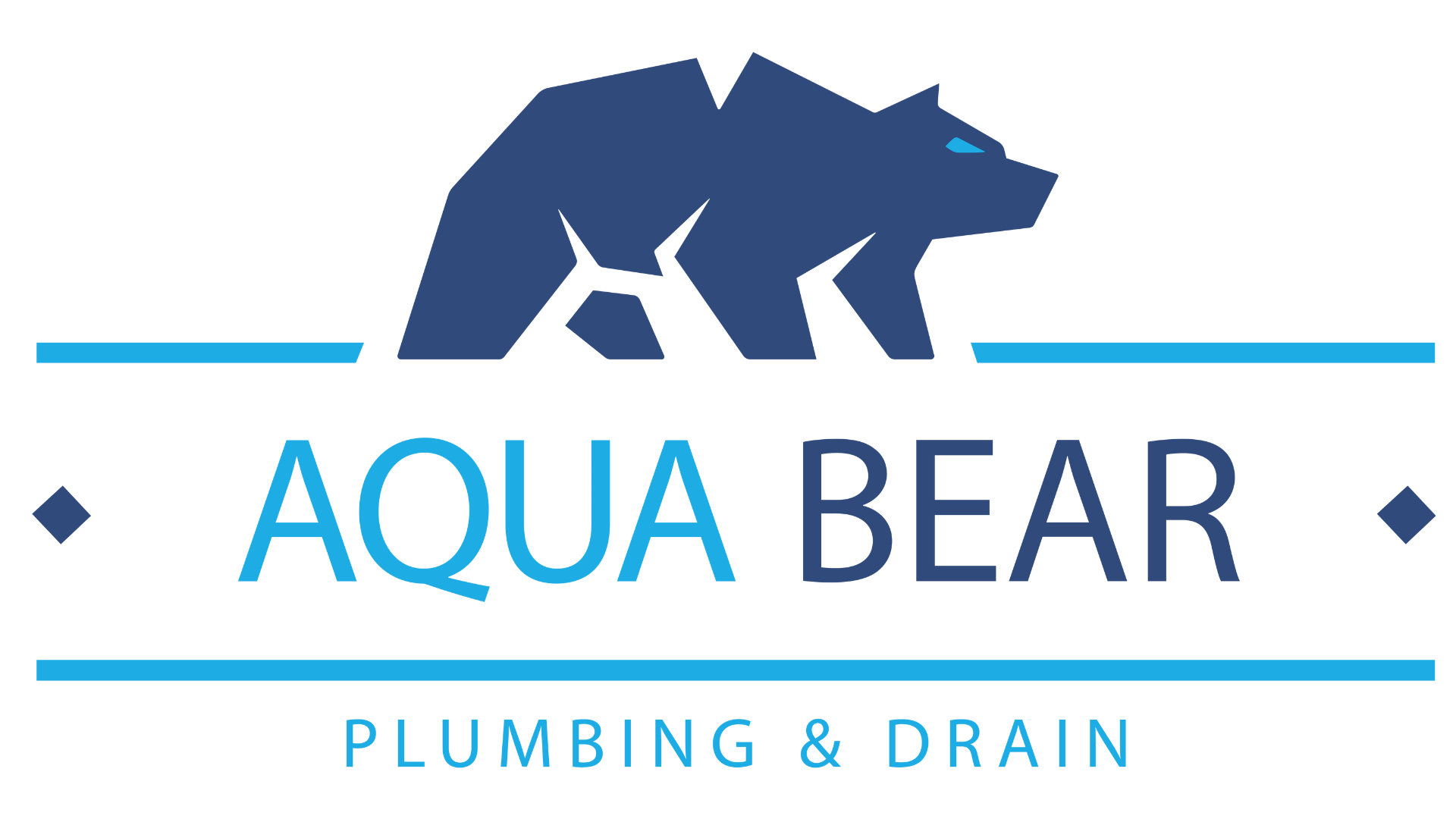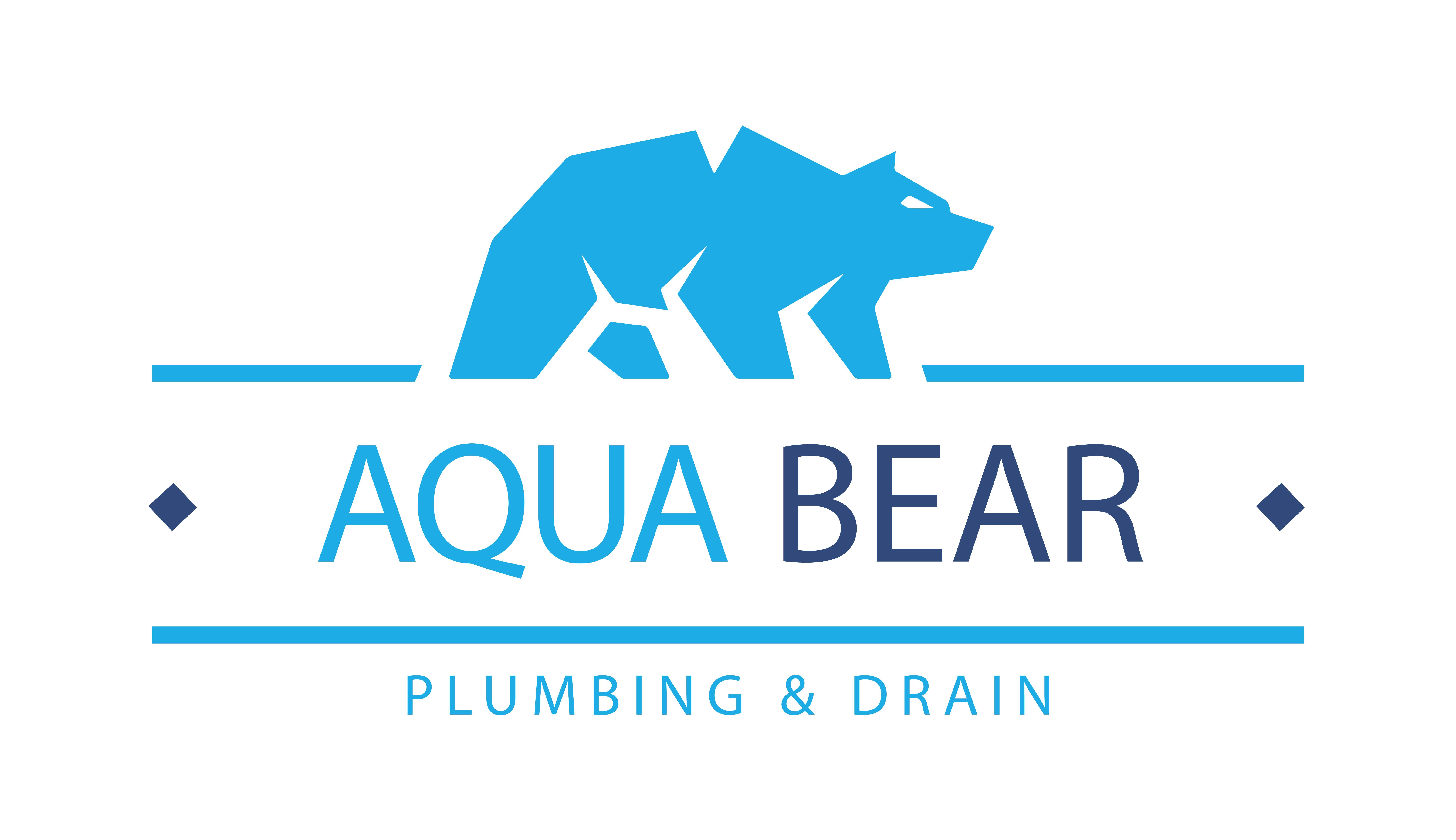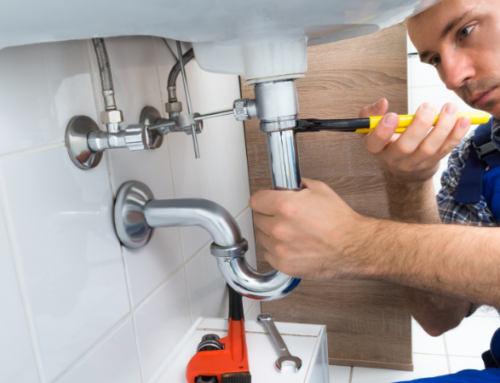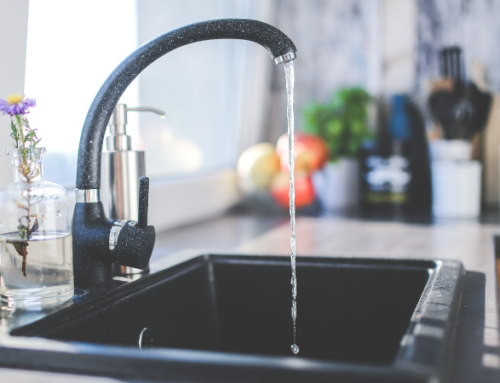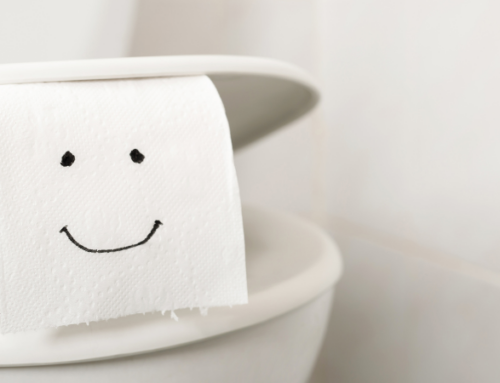Causes Of A Shifting Foundation
A home’s foundation can consist of a simple concrete pad or slab, or it can be the walls of a basement or crawl space that support the weight of the home. Regardless of your type, a shifting foundation can lead to cracks, buckling, and structural damage, including damage to the plumbing system. This is especially relevant to homes built directly on cement slabs.
There are many reasons a foundation might shift. Poor construction is the first cause. If the slab is incorrectly poured or improperly braced, it can cause shifting.
In areas that experience earthquake activity, foundations can easily move and crack, leaving behind openings in the cement where tree roots can enter in search of moisture and damage the foundation even further.
Weather has a lot to do with the health of a foundation. Excess moisture causes soil to expand and press hard against a foundation and excessively dry weather can cause contractions of the soil, leaving spaces for water to enter later and erode the supporting soil.
A poorly sloped yard can also reduce the effectiveness of a foundation’s support since water runoff will be directed toward the home rather than away from it as it should. This excess water can be absorbed by porous cement and weaken the foundation allowing it to move.
How Shifting Foundations Affect Plumbing
When the foundation shifts, it can heave and move upward or settle, causing it to drop. Either scenario places pressure on the external and internal components of a home which includes the plumbing pipes leading to fixtures and appliances as well as to outdoor features.
Pipe Movement
As the foundation shifts, the plumbing pipes inside the home will move. This leads to pipes that separate at their joints or to pipes that are bent and misaligned to bellied or collapsed pipes.
Outside, the plumbing can also be affected since shifting foundations create shifting soil surrounding the foundation. These exterior plumbing problems are often associated with irrigation systems that break and leak or pools and spas.
Leaks
The problem with plumbing pipes altered by foundational shifting is they leak. Some leaks are minor and hard to detect, while others can be obvious such as when a pipe bursts.
Problems A Leaking Pipe Can Cause
A pipe that has misaligned or is sagging from a moving foundation will leak and a leaking pipe is no small problem. Here we will look at the destruction a broken pipe can cause.
Structural Damage
The biggest problem created by leaking plumbing is structural damage which only multiplies as the leaks become harder to detect. Water is quickly absorbed by the drywall, insulation, and wooden substructures and can leave them rotting, smelling, and, under extreme conditions, require the permanent abandonment of the home.
Mold Growth
Excess moisture from a leak can lead to more than structural damage. Dark conditions and poor ventilation are conditions that encourage and rapidly exacerbate the growth of mold. Mold spores can then be distributed to other areas of the home, causing respiratory issues, especially for the older population and young children.
Erosion
As water leaks from exterior plumbing pipes, it begins to erode the surrounding soil. This causes even more reduction in the support the soil should provide, leading to additional shifting and more strain on plumbing pipes. If too much erosion occurs the ground will collapse, creating sinkholes near the plumbing pipes.
Puddles
Leaking pipes soak the surrounding soil until it no longer has the capacity to hold it until puddles form on the lawn. This overly saturated soil provides the moisture that can seep through the home’s foundation and flood the lower levels creating additional problems for homeowners.
How To Determine If Your Foundation Is At Fault
Not every plumbing leak results from a shifting foundation, so it is important to be able to distinguish which leaks are foundation-related. Here we offer some clues.
Slow Drains
When pipes become misaligned or separated, tree roots can easily invade the plumbing system creating blockages. Blocked lines will not allow wastewater to pass and thus slow their drains. If this problem is more pronounced following heavy rain you can attribute it to foundation issues.
Gurgling
Plumbing pipes need an air supply to flow properly, which is supplied through the roof vent. If any other source of air appears, such as when a pipe cracks, this excess air can cause plumbing pipes to make a gurgling sound.
Wet Spots
Wet spots on floors are common when a leak occurs in a home built on a slab. As the water escapes the pipe it has nowhere to go except on the floor above the slab leak. This is seen more in hot water supply lines since hot water causes plumbing pipes to expand and thus rub up against the cement slab or the rough soil surrounding the line.
High Water Bills
When there is no increase in water usage, but the water bill is climbing, it can be a sign of a foundational problem that has led to a water leak.
Looking To Investigate Foundation-Related Water Leaks?
If you suspect that you have a leaking plumbing pipe and fear it is related to a shifting foundation, you need to call us immediately. Plumbing leaks are serious, as we have learned, and can cause structural damage and health-related issues threatening the safety of your family.
We can investigate the source of your leak, repair any issues related to the damaged pipes, and ensure you have the peace of mind you deserve. Enrolling in ongoing plumbing inspections will allow us to find problems as they are developing and stop them in their tracks.
Call today and allow us to correct foundation issues that can lead to major plumbing problems. We are here to keep your home safe and its inhabitants comfortable!
